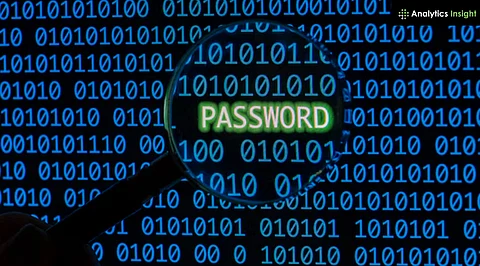

The 16 billion login credential breach highlights the need for a passwordless future to prevent cybercrime.
Passwordless authentication methods like passkeys and biometrics offer a promising alternative to traditional passwords.
A balanced approach is necessary to ensure inclusivity, transparency, and security in a passwordless world.
The recent mega data breach exposing 16 billion login credentials has sent shockwaves through the digital world, threatening users of platforms like Apple, Google, and government services. This massive leak, caused by infostealer malware and unsecured databases, highlights a harsh reality: traditional passwords are no longer a viable defense against sophisticated cybercrime. While passwords have long been the cornerstone of digital security, this breach demands a shift toward a passwordless future. But is such a transition feasible, and what are the trade-offs?
The scale of the breach - 30 datasets containing billions of credentials traded on the dark web - reveals the fragility of password-based systems. Infostealer malware, which covertly harvests login details, thrives on users’ reliance on weak or reused passwords. Even tech giants like Apple and Google, with their robust security infrastructures, cannot fully shield users when credentials are exposed at this magnitude. The inclusion of government service logins further escalates the stakes, raising concerns about national security and public trust. This catastrophe makes it clear: passwords, as a single point of failure, are unsustainable.
Also Read: Controversial Cases of Data Breaches and Their Impacts
A passwordless future, leveraging technologies like passkeys, biometrics, or hardware tokens, offers a promising alternative. Passkeys, for instance, use cryptographic keys stored on devices, eliminating the need for users to remember or input passwords. Apple and Google have already begun integrating passkeys into their ecosystems, with adoption growing since 2022. Biometrics, such as fingerprint or facial recognition, add another layer of security, tying authentication to unique physical traits. These methods are harder to steal or replicate, significantly reducing the risk of breaches like the one reported. Moreover, passwordless systems can streamline user experiences, replacing clunky password resets with seamless authentication.
However, the transition to a passwordless world is not without challenges. Accessibility remains a hurdle; biometric systems may exclude users with certain disabilities, and hardware tokens can be costly or impractical for widespread adoption. Legacy systems, still prevalent in many organizations, rely heavily on passwords, and upgrading them requires significant investment. Privacy concerns also loom large: biometrics and device-based keys raise questions about data storage and potential misuse by corporations or governments. For instance, centralized biometric databases could become prime targets for hackers, creating new vulnerabilities.
The 16 billion credential breach is a wake-up call, but it also highlights the need for a balanced approach. Tech giants must accelerate the adoption of passwordless authentication while ensuring inclusivity and transparency. Governments should incentivize secure authentication standards without stifling innovation. Users, meanwhile, must adopt tools like two-factor authentication as a stopgap measure and remain vigilant against phishing, which is likely to surge in the aftermath of a breach. A passwordless future is not just desirable, it’s urgent. However, it requires collaboration, investment, and a commitment to striking a balance between security and accessibility, ensuring that no one is left behind in the digital age.
Also read: Dark Web Data Breaches: The Alarming State in 2025
